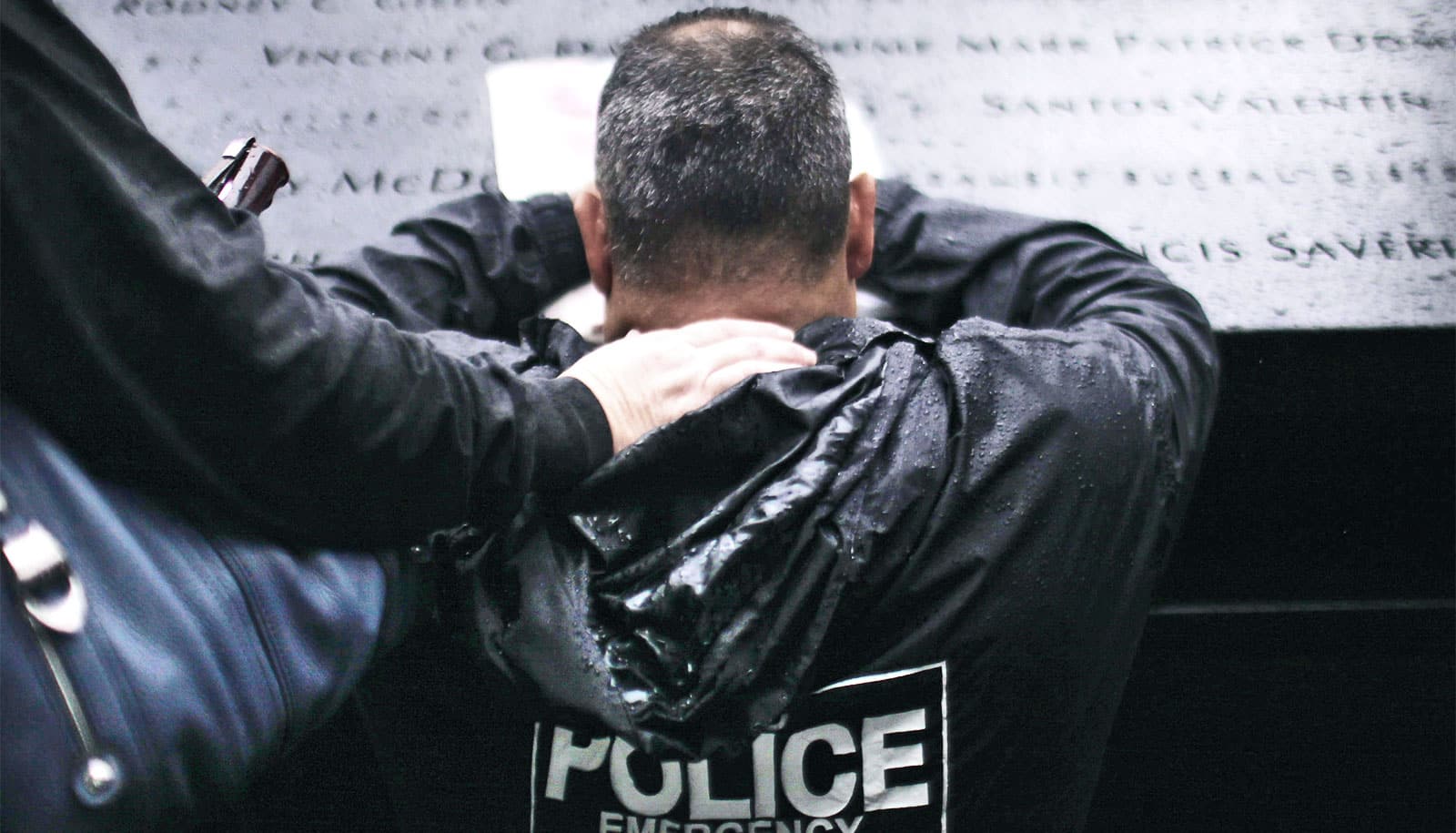There’s a connection between post-traumatic stress disorder and the onset of mild cognitive impairment in 9/11 responders who were at the World Trade Center, a new study of 1,800 workers shows.
The study also finds that longer duration exposures working at Ground Zero led to an increased an increased risk of cognitive impairment in responders who carry a specific gene associated with dementia.
The findings build on a previous pilot study led by Sean Clouston, associate professor in the family population and preventive medicine department in the Program in Public Health at Stony Brook University, and colleagues at the Renaissance School of Medicine.
This study analyzed the cognitive health of responders treated and monitored for their health concerns at the Stony Brook World Trade Center Health and Wellness Program. Each had normal cognitive capacities at baseline in 2014 and 2015 followed by subsequent testing for cognitive decline.
“One of the most concerning aspects of our findings is that we found a significant portion of responders have new onset cognitive impairment when many of them were cognitively normal within just the past few years,” Clouston says.
The average age of the responders was only 53 years at baseline testing when all had normal cognitive abilities and retention for their age. More than 14% of the responders had mild cognitive impairment (MCI) at follow-up testing post baseline, according to the study. The risk of MCI onset increased 2.6 times among those who had higher post-traumatic stress disorder (PTSD) symptom severity.
Researchers completed tests used to gauge MCI in responders in a manner consistent with the National Institute on Aging-Alzheimer’s Association definition of MCI. To avoid test and re-test biases that could vary neuropsychological testing results, researchers used alternate versions of the tests at each office visit.
Based on blood samples, the researchers also looked at the incidence of MCI in individuals who carry Apoliopoprotein-e4, which is associated with increased risks of dementia and is a marker for Alzheimer’s disease. They found that those who had the gene and had experienced long exposures working on the pile or pit at Ground Zero also had higher levels of newly experienced MCI.
Clouston emphasizes that future research regarding MCI and possible early dementia in 9/11 responders should focus on multifactorial risks, such as severity of PTSD symptoms and having one more other risk factors for dementia not related to their responder experience.
“This study underlies the increasingly apparent evidence that PTSD is not merely a psychological condition but also can have significant pathological effects on the brain and body,” says coauthor Benjamin Luft, director of the Stony Brook World Trade Center Health and Wellness Program and clinical lead of the study, which appears in Alzheimer’s & Dementia: Diagnosis, Assessment, and Disease Monitoring.
The National Institute of Health’s National Institute on Aging and the National Institute of Occupational Safety and Health funded the work.
Source: Stony Brook University



